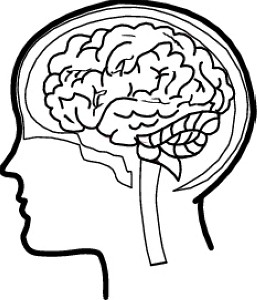Memory and remembering are fragile things, easily broken. I found this collection of TED talks best explained how our memory isn’t as perfect as we believe and how what we think of as memory might be more about experience.
As I get older I’m noticing how my memories of events from the past feel different than when I was younger, more ethereal and less tangible. I see myself playing in the sand box at Fox’s Pond, surrounded by other children. We’re all wrapped up in our own thoughts, but as I pull this memory out I realize now it’s more like a 46 year old man looking through the eyes of a 12 year old. At the time I worried if these kids liked me and what I should build in the sand box. Now as I remember I’m wondering things like what my mother was doing back home or where in Wisconsin did my wife live that year. No matter how hard I try I can’t possibly remember it the same way. That’s because the memory is being filtered through my arguably older brain.
For some people memories are intense and as real as the day they were stored. A touch on the shoulder can bring immediate and crippling fear. A smell can induce anxiety and anger. We work on these problems with medicine, therapy, and even electrical stimulation. Some newer treatment include a combination of drugs and therapy designed to lessen the emotional impact of a memory by suppressing the emotional response, allowing recollection and feedback without the response. This gives more opportunity for healing.
All this is proof memory is both malleable and imperfect.
I’ve long argued our memories aren’t as reliable as we think, even as I suffer from the same malady of being certain mine works better than those around me. Scientists have shown over and over again how memory can be created where none existed before, in effect creating a false memory. Keeps me humble to remember that no matter how certain I may feel about a memory, I must remind myself it can’t be trusted completely.
For these TED talks, listen carefully as the one about the trial goes into detail on how an investigation should be run. If he hadn’t taken the judge to the scene of the crime to show him how it was impossible to determine the identity of the murderer based on the lighting conditions, that young man would still be in jail. Many sit in jails today, convicted by eyewitness testimony; the general consensus is eyewitness testimony is almost as good as it gets. We still convict based on it.
The next time someone tells you something is true because they remember it happening, don’t disbelieve them, but keep in mind memory is like an apple pie. We might be able to recognize one, but we can’t all bake one so it tastes the same. Even our own pies taste different each time. That’s because everyday is different, and everyday we’re different people.
Now I think I need to go eat. I just remembered I was hungry.
